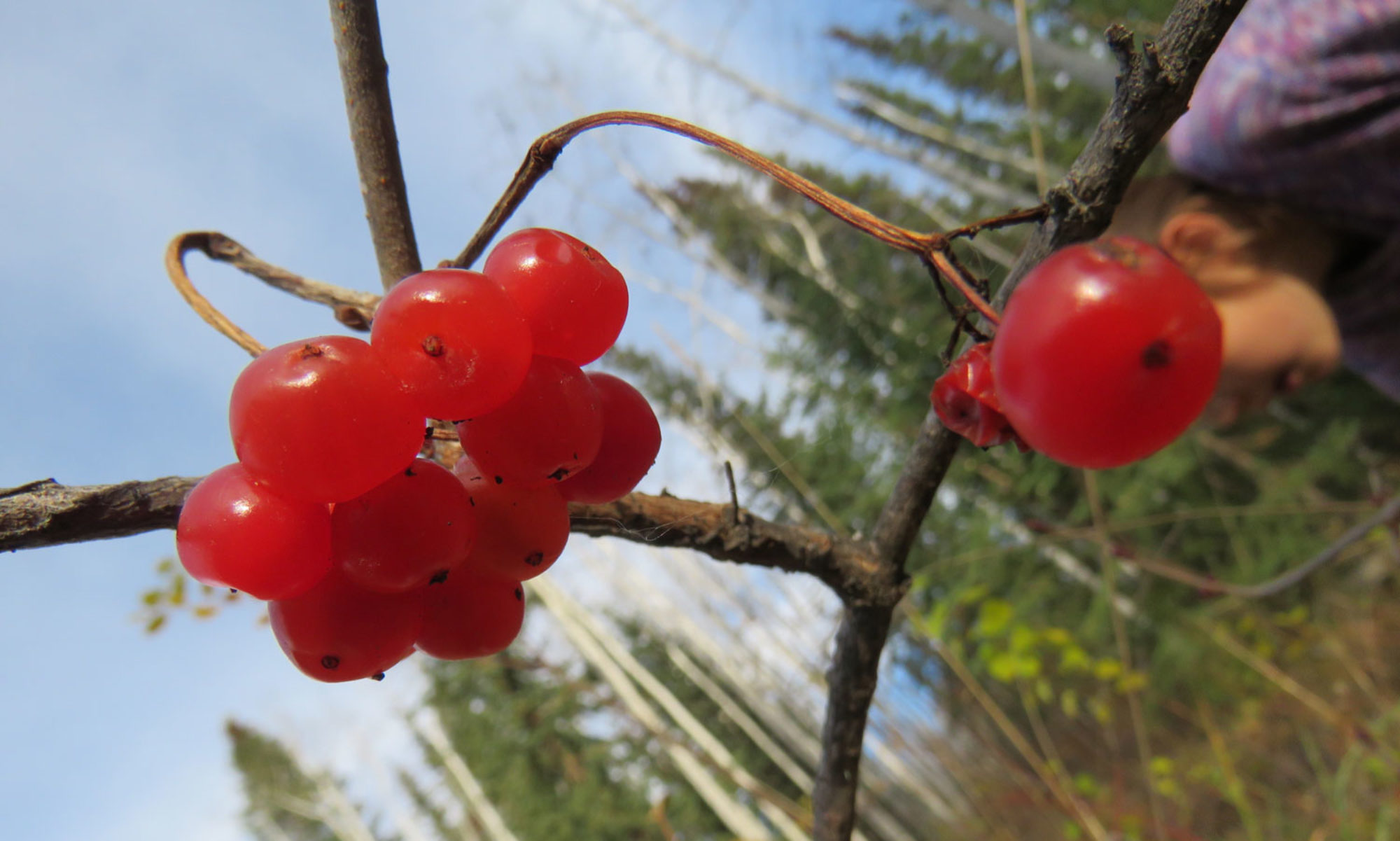
For many Inuit communities in the far North, especially fly-in communities not connected to the outside world by roads, food security is an ongoing concern.
While a number of new initiatives have been undertaken in recent years, including Nuluaq, The Inuit Community-Based Food Initiatives Mapping Project, one of the solutions is as old as the Inuit themselves — a return to country foods such as seal, walrus, whale, and fish harvested from the local environment.
Game meats are high in protein, fatty acids, vitamins and minerals. Seal meat is especially lean with less than two per cent fat (compared to 12 to 27 per cent fat in other store-bought meats). It’s also rich in iron, zinc, vitamins A, D, B and C, and Omega 3 fatty acids. Through initiatives like community kitchens and cooking classes, hunter coops, and communal freezers, efforts are being made to help far Northern communities expand local access to country foods.
Southerners are discovering seal meat too, and some chefs, indigenous and non-indigenous alike, are bravely adding the dish to their menus, including Chef Eric Pateman’s Edible Canada in Vancouver, and chef Joseph Shawana’s Toronto restaurant, Kū-Kŭm Kitchen. The move can be a controversial one, because the harvesting of seals continues to be a touchy topic for some animal rights activists.
For several decades opposition to seal products by global animal rights groups has impacted the ability of Inuit communities to sell their seal products. Seal skin products used for waterproof, biodegradable clothing such as boots, mittens and hats, have long been a vital source of cash to purchase items such as the boats/snowmobiles, gasoline, and ammunition used by hunters.
The Inuit are fighting to change public opinion. Most notably, Iqaluit film maker Alethea Arnaquq-Baril, director of the documentary Angry Inuk, has started to alter outisder perceptions. The Canadian government is also trying to get the message across that the harvest is humane and sustainable. But for many northern Canadians it’s much more basic. They simply consider seal comfort food.
Game meats are high in protein, fatty acids, vitamins and minerals. Seal meat is especially lean with less than two per cent fat (compared to 12 to 27 per cent fat in other store-bought meats). It’s also rich in iron, zinc, vitamins A, D, B and C, and Omega 3 fatty acids. Through initiatives like community kitchens and cooking classes, hunter coops, and communal freezers, efforts are being made to help far Northern communities expand local access to country foods.
Southerners are discovering seal meat too, and some chefs, indigenous and non-indigenous alike, are bravely adding the dish to their menus, including Chef Eric Pateman’s Edible Canada in Vancouver, and chef Joseph Shawana’s Toronto restaurant, Kū-Kŭm Kitchen. The move can be a controversial one, because the harvesting of seals continues to be a touchy topic for some animal rights activists.
For several decades opposition to seal products by global animal rights groups has impacted the ability of Inuit communities to sell their seal products. Seal skin products used for waterproof, biodegradable clothing such as boots, mittens and hats, have long been a vital source of cash to purchase items such as the boats/snowmobiles, gasoline, and ammunition used by hunters.
The Inuit are fighting to change public opinion. Most notably, Iqaluit film maker Alethea Arnaquq-Baril, director of the documentary Angry Inuk, has started to alter outisder perceptions. The Canadian government is also trying to get the message across that the harvest is humane and sustainable. But for many northern Canadians it’s much more basic. They simply consider seal comfort food.
